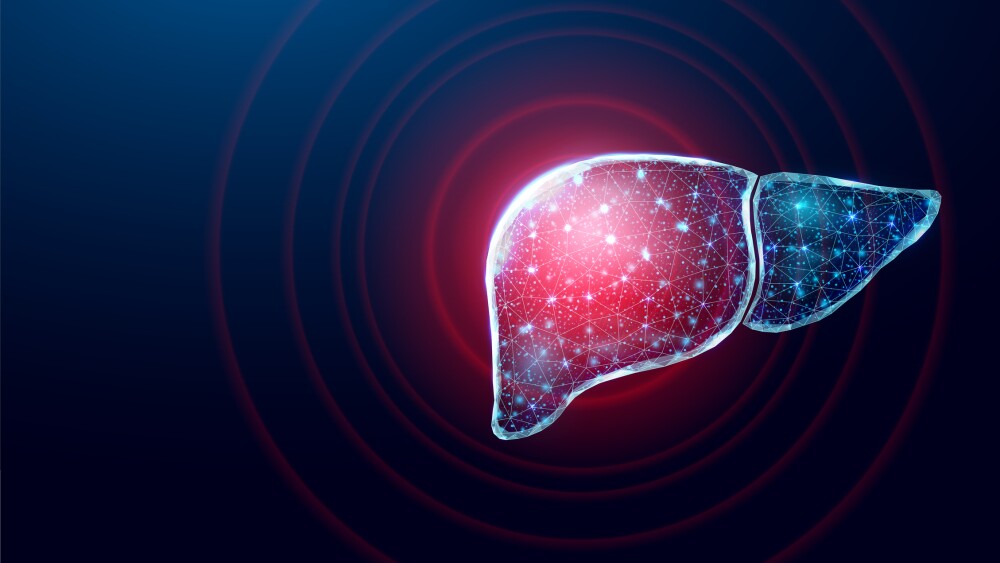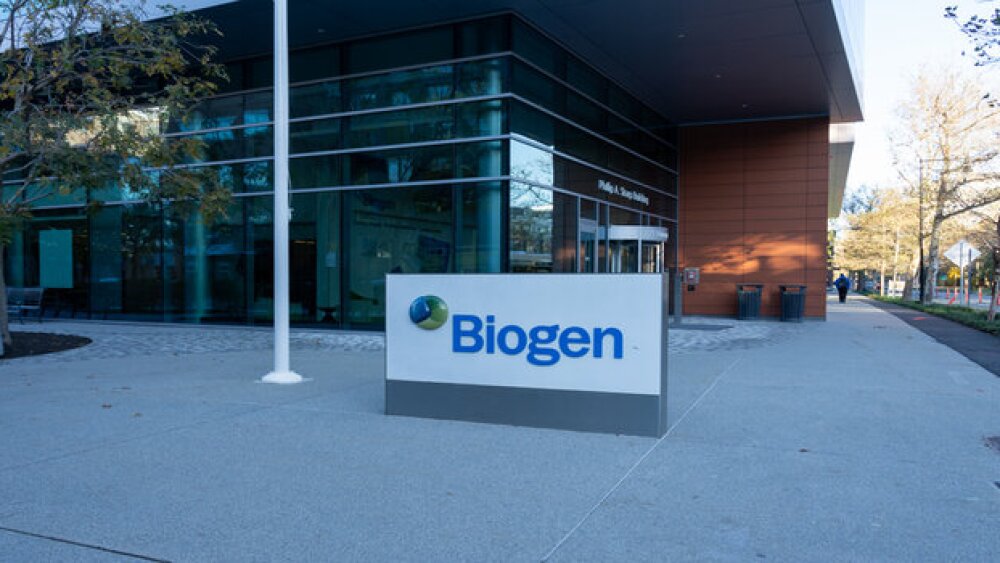Johnson & Johnson’s AI investments include a research facility in San Francisco and a data science workforce of approximately 6,000 employees.
Pictured: J&J signage on top of its building in Madrid, Spain/iStock, BrasilNut1
Johnson & Johnson is investing heavily in artificial intelligence and data science to power its drug discovery work and strengthen its pharmaceuticals business, according to a recent analysis by The Wall Street Journal.
In recent years, J&J has pumped hundreds of millions of dollars into its artificial intelligence (AI) capabilities, according to the WSJ, including bringing on some 6,000 data science and digital specialists and erecting a “cutting-edge” research facility in the San Francisco Bay Area, which it opened in September 2022.
“AI and data science are going to be the heart of how we are transforming and innovating,” J&J chief data science officer Najat Khan told the WSJ, adding that J&J is setting itself apart in this space by fostering a highly capable workforce of data scientists who are also skilled in other areas, such as biology, chemistry and drug development.
Additionally, J&J has tightly integrated its data scientists into strategic decision-making regarding drug research.
J&J also owns med. AI, a large database that houses more than three petabytes of information—including real-world anonymized data from doctor visits and clinical trials—which the pharma can draw on to accelerate its drug discovery and development process. Med. AI’s wealth of information is available to tens of thousands of J&J employees, according to the WSJ article.
The pharma’s digital health and data science efforts have so far included an “innovative heart health program that looks to detect stroke before it happens,” Oliver Hsiang, global head of Health Tech at J&J Technology, said in a video presentation accompanying the opening of its San Francisco–area site.
The wider biopharma industry is also starting to integrate AI into drug discovery pipelines. Last week, for instance, Boehringer Ingelheim put $509 million on the line—a sum that includes a $9 million upfront payment—in a collaboration with Phenomic AI, leveraging machine learning and data science to target stroma-rich cancers.
BioSpace recently released a deep dive report looking at four companies—GSK, Alto Neuroscience, Pfizer and Insilico Medicine—and how they integrate AI into their drug development efforts.
Anticipating the complete assimilation of AI into the arsenal of biopharma companies, regulatory bodies in the U.S. and beyond have started working to tackle potential issues that may arise, particularly as regards privacy, bias, accuracy, access and public safety.
In October, for example, the White House released an executive order requiring the Department of Health and Human Services to develop a safety program for the use of AI in pharma, due in 2024. Last month, a bipartisan Senate group also proposed the Artificial Intelligence Research, Innovation, and Accountability Act of 2023, which seeks to promote AI research and innovation while also putting safeguards in place, including certifications and transparency reports.
Tristan Manalac is an independent science writer based in Metro Manila, Philippines. He can be reached at tristan@tristanmanalac.com or tristan.manalac@biospace.com.






